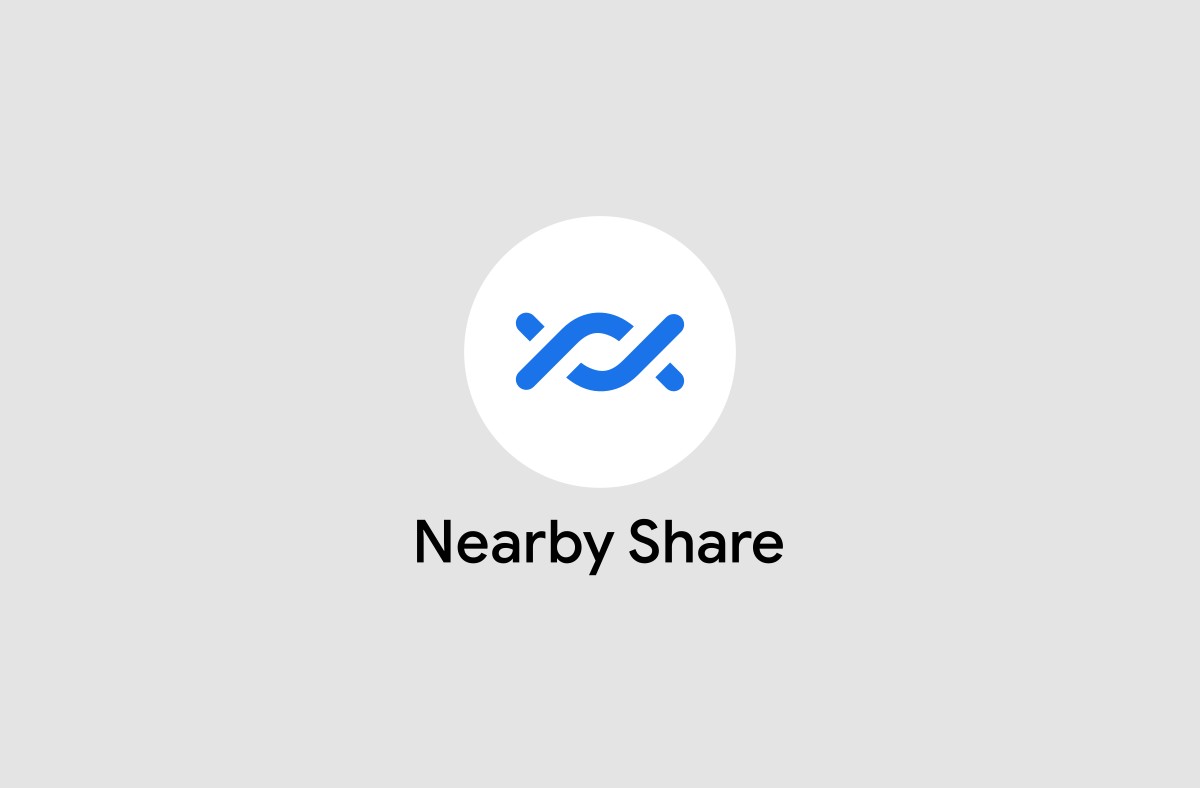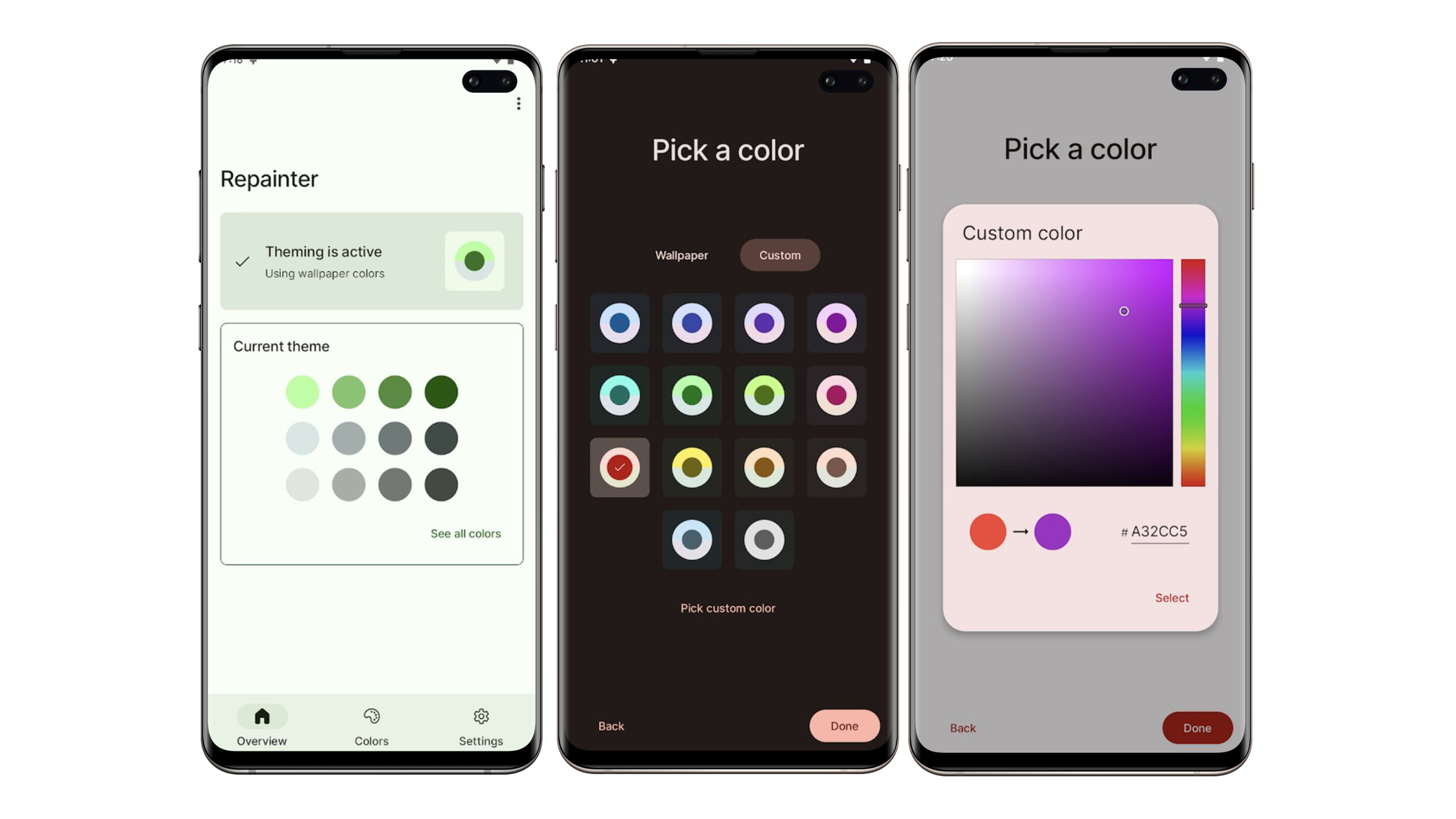Today, Google sent out an email to third party developers who have an Android developer account on the Play Store, announcing significant changes to its Google Play Developer Program policies. The changes will affect both, the developers and the users, in many aspects.
Existing apps need to follow the guidelines within 30 days from receiving the email, while all new apps that will be published on the Play Store must follow these guidelines from today itself. Below is a small summary of all the changes that Google has introduced -:
No more notification bar ads!
Perhaps the biggest change in the developer policy from Google is the completely forbidding apps from displaying ads on the notification bar, except for displaying notifications that are an integral part of the feature provided by the app.
Apps and their ads must not display advertisements through system level notifications on the user’s device, unless the notifications derive from an integral feature provided by the installed app. (e.g., an airline app that notifies users of special deals, or a game that notifies users of in-game promotions).
Don’t play around with the system settings or items on my home screen
Google has explicitly made it clear that going forward apps cannot make changes to any of the user’s device, outside of the app itself. This includes behaviour such as adding shortcuts on the home screen, browser bookmakers, replacing a widget on the home screen and more.
Apps should not suggest or encourage users to disable or remove other third-party apps, except if the app is a security based one.
-
An app downloaded from Google Play (or its components or derivative elements) must not make changes to the user’s device outside of the app without the user’s knowledge and consent.
-
This includes behaviour such as replacing or reordering the default presentation of apps, widgets, or the settings on the device. If an app makes such changes with the user’s knowledge and consent, it must be clear to the user which app has made the change and the user must be able to reverse the change easily, or by uninstalling the app altogether.
The Keyword game ends now!
Remember apps and games on the Play Store that are filled with keywords in their product description? Well, Google has changed its policy to “Do not use irrelevant, misleading, or excessive keywords in apps descriptions, titles, or metadata.” Hopefully, this will help end the keywords games between the developers on the Play Store.
The updated policy also mentions that developers should not try to affect the ranking of their or other developers apps by manipulating product reviews, posting fake reviews or ratings.
Conclusion
There are more changes across the whole policies that developers must go through. Some minor ones include the hate speech policy covering slightly more content, content policy being applicable to developers and their account, fake apps like metal detector, solar charger etc. which only mention at the end of the description that they are fake, shady in-app purchases and more.
Head over to this article from TheNextWeb for an in-depth explanation and details of all the changes.




















